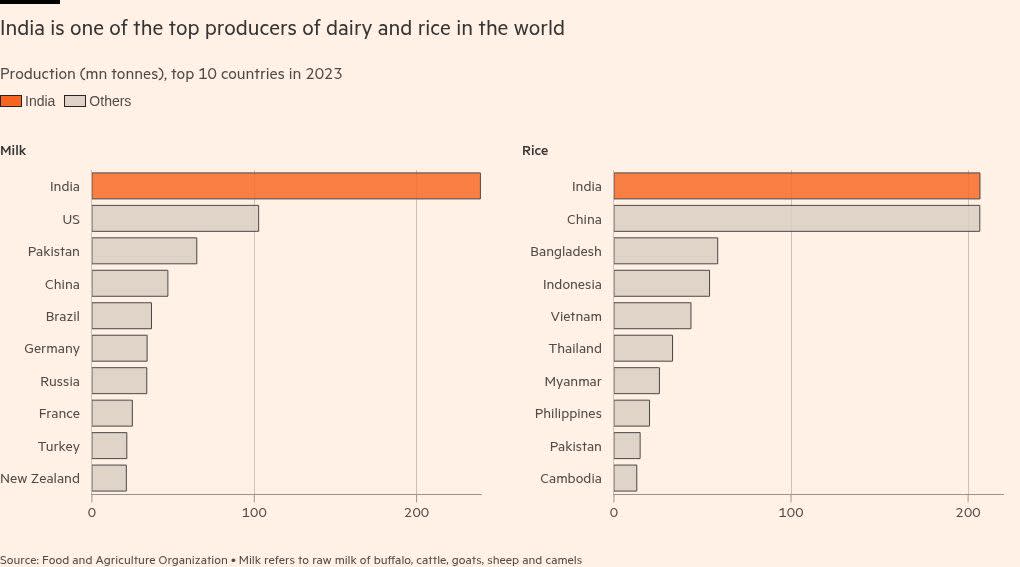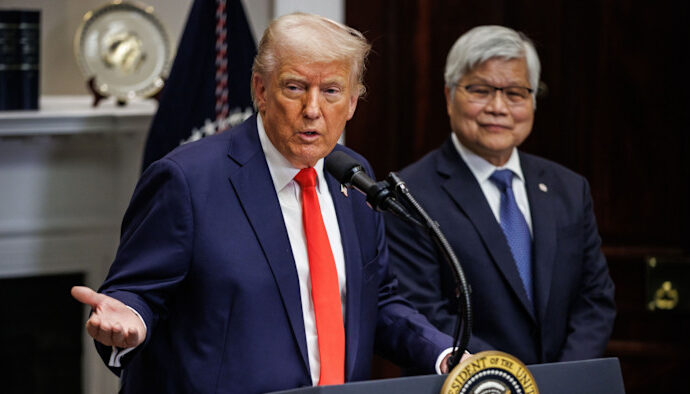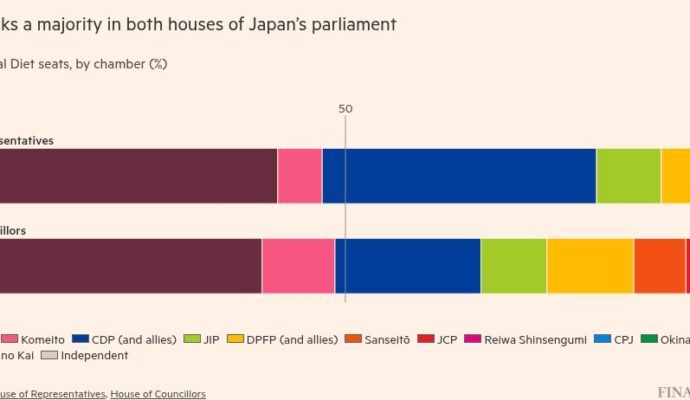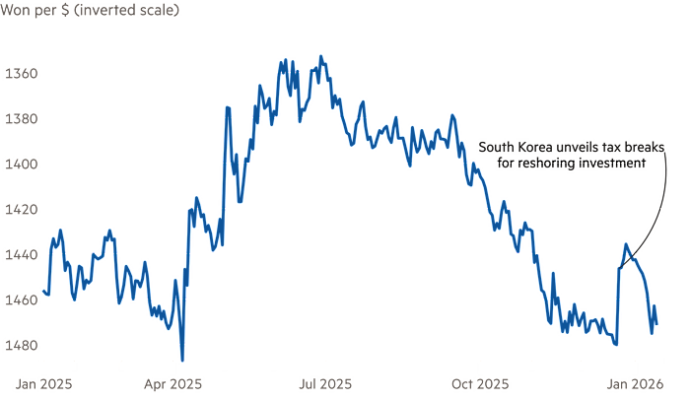Unlock the Editor’s Digest for free
Roula Khalaf, Editor of the FT, selects her favourite stories in this weekly newsletter.
India and the EU have reached consensus on almost half of the topics to be covered by a trade deal they hope to seal this year and have agreed that the pact will not cover some “sensitive” farming products such as dairy, according to people with knowledge of the talks.
The people said negotiators had agreed eight out of roughly 20 deal “chapters”, each covering topics such as rules of origin or intellectual property rights, after the EU in February stepped up efforts to bolster economic ties with the world’s fifth-largest economy.
The progress will fuel hopes that a deal between New Delhi and Brussels can help offset some of the impact on both sides’ trade from the tariffs imposed or threatened by US President Donald Trump, while the exclusion of dairy products will come as a big relief to Indian farmers and milk processors.
“The expectation is that we will close a deal in December; a lot of work is going towards that end,” said one person familiar with India’s stance on the talks, who asked not to be identified.
“Good progress has been made” thanks to the “momentum that has picked up in the last two rounds” of negotiations in New Delhi and Brussels, the person added.
Indian Prime Minister Narendra Modi and European Commission president Ursula von der Leyen agreed in New Delhi in February to push to seal the trade deal this year. Indian commerce minister Piyush Goyal met EU trade commissioner Maroš Šefčovič in Paris on Monday.
India Business Briefing
The Indian professional’s must-read on business and policy in the world’s fastest-growing big economy. Sign up for the newsletter here
Olof Gill, EU trade spokesperson, said work had intensified and was “advancing across the board”. A 12th round of negotiations was expected at the beginning of July, he said, while “extensive engagements continue in the meantime”.
People with knowledge of the most recent talks in Brussels last month said issues resolved so far were mainly in less controversial areas such as customs and trade facilitation and important sticking points remained.
New Delhi has since independence in 1947 kept high tariff walls around agriculture, which employs nearly half of the workforce of the world’s most populous country.
Modi’s government, which has been buffeted by mass farming protests in recent years, is seeking to retain its high import levies on dairy products and other agricultural imports in ongoing talks with the US.
“There are some political sensitivities related to some products and those sensitivities have to be taken care of,” said one of the people familiar with India’s talks with the EU.
A senior European official involved in the negotiations said “dairy overall” was a “no-go” area.
“We have defined a perimeter for what could be meaningful free trade in the interest of both parties and milk is not part of it,” the official said.
India is the world’s largest milk producer, with output of 211mn tonnes produced in the year 2024-25, mainly from 15mn small farmers, according to the government.
The country imported dairy products at “reasonable duties” of 30-60 per cent, said Rupinder Singh Sodhi, president of the Indian Dairy Association, a lobby group. “India does not need dairy from outside.”
People close to the negotiations in Brussels and New Delhi said rice has also been excluded from the negotiations.
Indian officials have privately said any concessions to the EU would in part mirror other recent trade pacts. In a deal with the UK last month, India agreed to cut levies on alcoholic spirits, cars, textiles and engineering goods. Dairy was also mostly left out of negotiations with the UK.
The EU is not satisfied with the access India is offering for cars and spirits, products that Indian trade officials said might be among the last to be discussed.
The EU now wanted to talk about “economically meaningful market access”, said one official in Brussels.
Another bone of contention, according to Indian officials, is the carbon border adjustment mechanism, under which the EU plans to levy tariffs from next year.
India has already denounced the mechanism, which is intended to penalise carbon emitted in the production of imported goods such as cement, fertilisers, iron and steel, and chemicals.
One of the people familiar with the negotiations in New Delhi said CBAM “would have an adverse effect on trade” as it could hit India’s heavy industry. “Everything is on the cards in terms of how we should, together, address this issue”, with India potentially pushing for deferment of CBAM, the person said.



